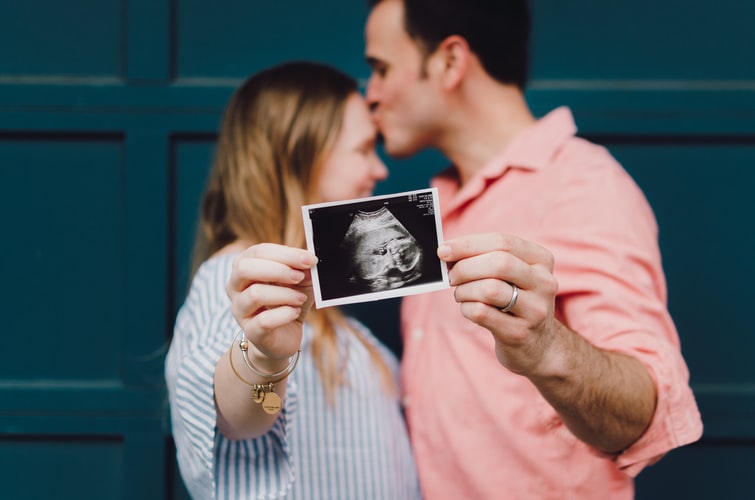
Research has indicated that with IVF, more boys are born via the procedure than girls, with around 56 out of every 100 IVF births male. This is compared to 51 out of every hundred when it comes to natural births.
However, other studies have suggested that with ICSI treatment – where a single sperm is injected into an egg – the reverse is true, and you are slightly more likely to have a girl.
So, when it comes to the gender of your baby, it seems the type of IVF treatment you have could potentially tip the balance. We dig deeper into the myths and facts to ask: does ICSI treatment really increase the chances of having a girl?
What is ICSI?
Used as part of IVF fertility treatment, ICSI – or Intracytoplasmic sperm injection – sees an embryologist select the best sperm to inject a single sperm directly into an egg so it can be fertilised. It is a treatment offered for male infertility, particularly where a low sperm count or poor sperm motility is contributing factor. It can also be used to fertilise eggs that have been previously frozen or are from a donor.
Can ICSI really increase your chances of having a girl?
While there is no definitive answer, certain studies into birth rates following ICSI treatment have shown that you are slightly more likely to have a girl, compared to IVF alone. In one study, out of more than 27,000 births after IVF, with and without ICSI treatment, IVF alone produced more boys (53%) while ICSI produced more girls (51.8%).
A reasonable conclusion from these studies is that with ICSI treatment, the odds lean slightly more towards having a girl rather than a boy. And these odds appear to be influenced by lower sperm motility.
The facts behind ICSI
The intention of ICSI is to support an individual or couple on their journey to parenthood, when male infertility is preventing natural conception. By selecting healthy sperm and directly injecting it into an egg, ICSI can increase the chances of fertilisation and currently has a success rate of 50-80%.
But it needs to be used in conjunction with IVF treatment, where the fertilised egg is then implanted into the womb. So ICSI pregnancy success rates are in line with IVF and will depend on a range of factors, including age.
ICSI is also only appropriate in certain circumstances, namely where the man has issues with his sperm and so should not be viewed or selected in relation to any reported increase in the likelihood of having a baby girl.
Final thoughts
Compared with the current sex ratio of 51/100 in favour of boys when it comes to natural births, the 49/100 ratio for ICSI could indicate that there is a slight increase in the odds when it comes to having a girl. But this is in no way a guarantee that you will have a girl with ICSI.
And it’s important to remember that ICSI is a treatment intended to support those dealing with male infertility to become parents, and not a procedure for gender selection.